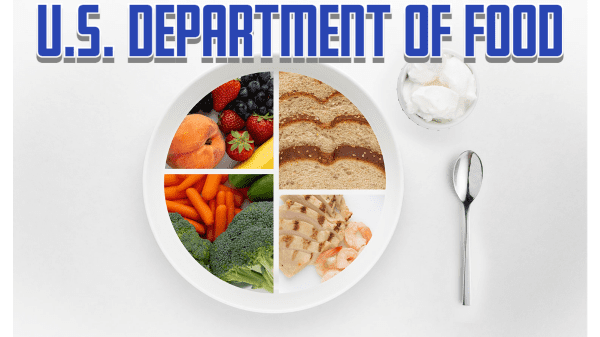Major food organizations, including the International Fresh Produce Association BB #:378962 and Western Growers BB #:144734, have written to an independent expert panel reviewing the Food and Drug Administration (FDA).
The panel is conducting an extensive—and long-needed—review of FDA’s excruciatingly imperfect operations.

This summer IFPA called for the establishment of a cabinet-level national Director of Food and Nutrition to coordinate food and nutrition security research across governmental departments, and industry members lobbied for this plan during visits with members of Congress at the Washington Conference last month.
The letter to the panel says that “the foods program is in need of a significant culture change that would allow for a focus on illness prevention with improved governance, accountability, and transparency.”
These organizations are urging FDA commissioner Robert Califf “to create an empowered deputy commissioner for food position that would lead a unified foods program. This position would have direct line authority over all major program components, including CFSAN [the Center for Food Safety and Applied Nutrition], CVM [the Center for Veterinary Medicine], and the relevant components of ORA [the Office of Regulatory Affairs.”
In short, the organizations are calling for a centralization of the FDA that would overcome the gross governance problems the agency has experienced over recent decades.
“The need for reforms within the FDA foods program is extensive and will not be solved by the appointment of an empowered deputy commissioner position alone,” the letter acknowledges.
Here’s one reason: as quoted above, the letter recommended that this food czar should have authority over the CVM. Unfortunately, the panel reviewing the FDA isn’t authorized to include the CVM.
As this letter indicates, “This exclusion demonstrates FDA’s unwillingness to address difficult internal issues involving structure and accountability and could be an attempt to influence this panel’s recommendations. It also demonstrates a lack of understanding of how the food system works.”
This is not good news. This investigation of the FDA omits a key component of the picture, since, as we are told, “virtually every element of CVM’s program relates in some way to the food system.”
If you are not even addressing the problem in a comprehensive way, you will never reach a comprehensive solution.
As I’ve said in this column, I think the only real solution will be to create a Department of Food and Nutrition that would have power over all of these agencies (possibly including the Animal and Plant Health Protection Service, now under USDA). The department would be headed by a cabinet-level Secretary of Food and Nutrition.
I do not see this outcome occurring anytime soon, and there are no serious efforts to promote it.
But I believe it will eventually be adopted—long after a number of inadequate solutions have failed.



